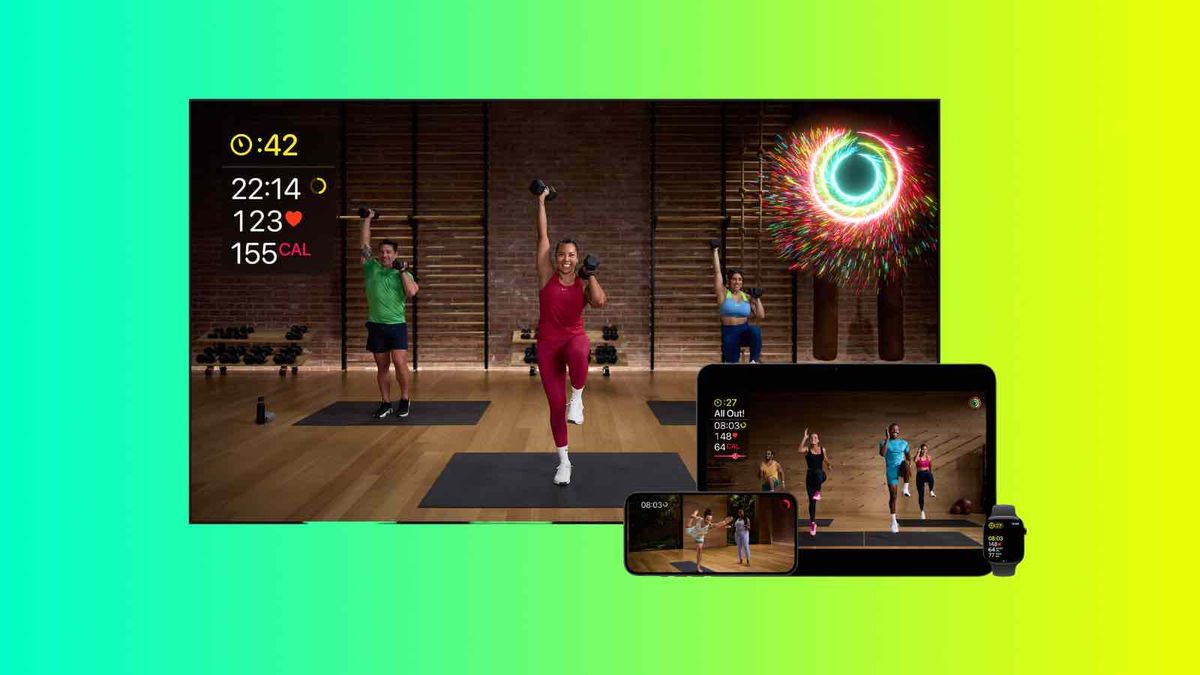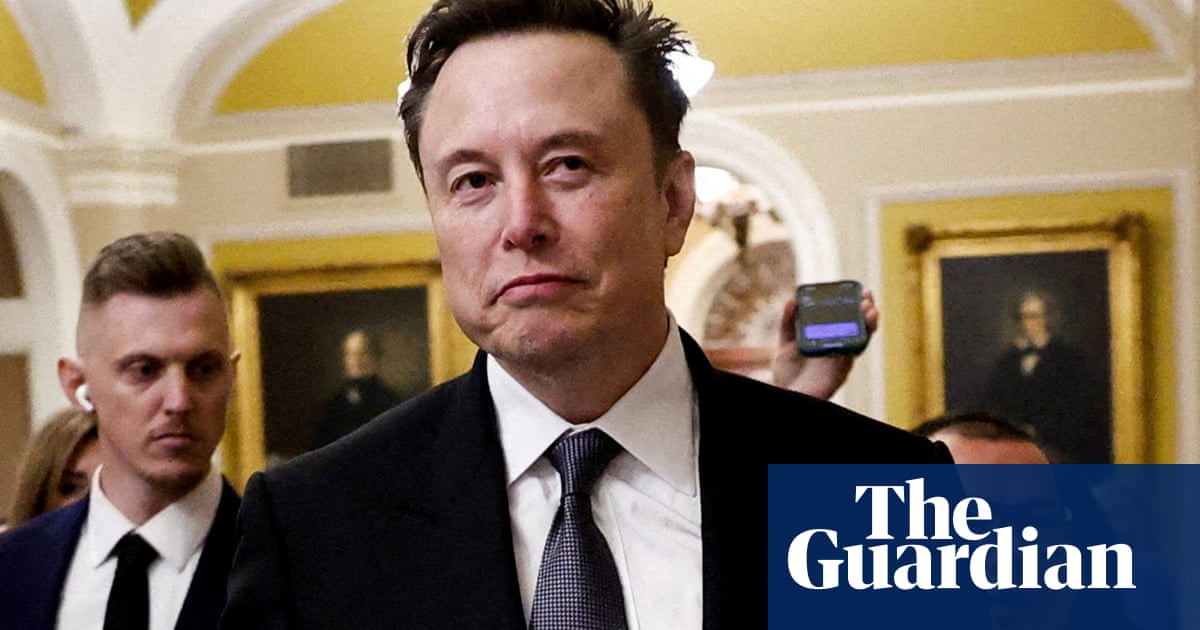Fitness
Health and fitness trends experts say we should leave in 2024

Health and fitness tips are always at our fingertips. But what works for one person might not work for another—and some advice isn’t backed by science, making it potentially downright harmful.
With quick, snappy videos promising incredible—and often unrealistic—results, it’s no wonder nearly three in five consumers turn to social media influencers for fitness advice, according to YouGov. But before long, you might find yourself spinning more plates than you can manage, frantically trying to lose weight, get fitter or improve your health.
To help cut through the noise, Newsweek spoke to two personal trainers to find out what trends are doing more harm than good—and why they should be left in 2024.
PROVIDED
Sarah Pelc Graca, a nutrition coach and owner of Strong with Sarah Weight Loss Coaching in Novi, Michigan, and Scott Harrison, a U.K.-based celebrity personal trainer, founder of The Six Pack Revolution, and author of High Protein Meals in Minutes, have shared six fitness trends to leave behind in 2025.
- “Hustle Culture” in Fitness – Graca said: “The ‘no days off’ mentality may seem motivating, but it often leads to burnout, injuries and a lack of joy in movement. Rest and recovery are just as important as workouts. In 2025, let’s normalize listening to our bodies and taking rest days without guilt.”
- Detox Teas and “Cleanses” – Graca said: “Despite bold claims, these products often lack scientific evidence and may even cause harm, such as dehydration or electrolyte imbalances. Your liver and kidneys are already designed to detox your body naturally! A better approach? Prioritize eating whole, fiber-rich foods, drinking plenty of water and moving your body.”
- Extreme Calorie Restriction – Harrison said: “You may see influencers spouting this is the way to lose fat fast without any education and also saying that the type of food you eat doesn’t matter as long as you are in that deficit. This is not only dangerous, but it simply doesn’t work, depending on what your definition of ‘work’ means. Ultra-low-calorie diets can lead to nutrient deficiencies, muscle loss, slowed metabolism and ultimately malnourishment.”
- Spot-Reduction Workouts – Graca said: “The idea of targeting fat loss in a specific area (e.g., doing hundreds of crunches to target your abs) isn’t supported by science. In 2025, let’s embrace strength training, cardio and general movement for overall health, while celebrating the progress our bodies make.”
- Fear-Mongering Over Food Groups – Graca said: “Trends that demonize entire food groups—like carbs or dairy—can foster unhealthy relationships with food, as well as nutrient deficiencies. Rather than eliminating food groups, I encourage people to focus on balance and variety to meet their goals and maintain a positive mindset around food.”
- Online AI-Generated Workouts – Harrison said: “They promise amazing results and may be making false promises. These types of fitness plans claim to be personalized but are too generic and fail to consider individual needs like injury history, fitness level or specific goals. They also cannot support, motivate, and inspire people like a human can.”
Harrison emphasized the importance of focusing on nourishing your body with a moderate calorie deficit if you’re trying to lose weight and prioritizing a balanced diet of protein, carbohydrates, healthy fats and plenty of hydration.
He told Newsweek that maintaining a well-balanced diet and exercise regime will work wonders—not only physically, but mentally too.
“Make sure you are not starving the body and mind of calories and nutrition and are feeding it what it needs to be strong, powerful, and resilient.
“Remember your mind is a part of that body too, and when you stop putting diesel into your petrol engine, it will run much better.”
Is there a health issue that’s worrying you? Let us know via health@newsweek.com. We can ask experts for advice, and your story could be featured on Newsweek.









